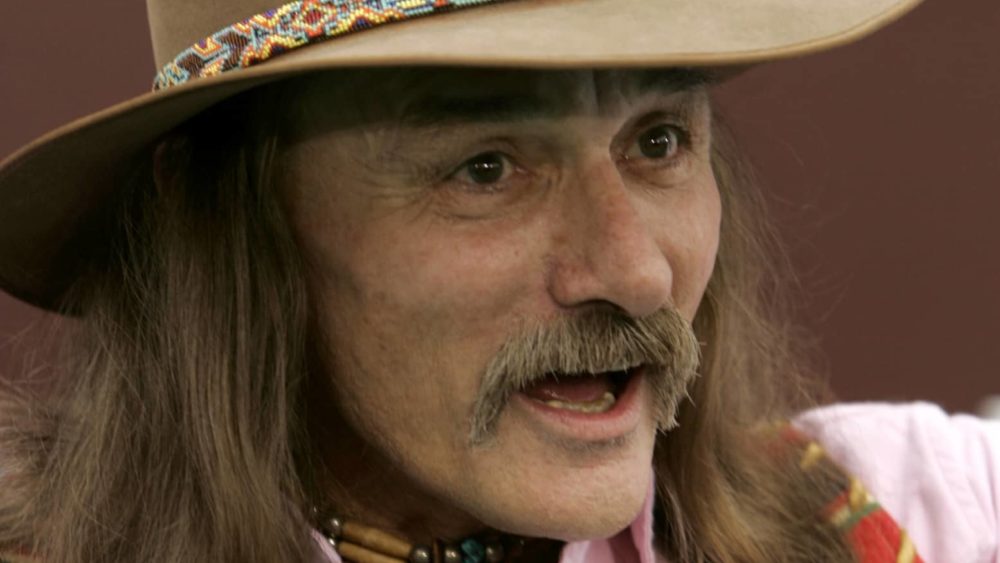

Today (March 30th) is Eric Clapton’s 76th birthday. His song Cocaine was actually a J.J. Cale song. Eric Clapton’s cover of J.J. Cale’s “Cocaine” has been one of his most enduring recordings. Clapton recalls that the first time he met Cale came just before he recorded it for the first time.

Today (March 25th) is Elton John’s 74th birthday. On the album: Goodbye Yellow Brick Road the song “Funeral for a Friend / Love Lies Bleeding”…the two songs weren’t written with each other in mind. Although they appear to segue seamlessly, Elton John says he didn’t initially write “Funeral for a Friend” and “Love Lies Bleeding” as a single musical entity.

You know the song by Supertramp: “Breakfast in America”? Roger Hodgson wrote it when he was 14 and had never been to America. It became the title track of Supertramp’s multi-million-selling Breakfast in America album was written nearly a decade and a half before they made that record.
Photo- Reuters
Those hoping that The Police will decide to get back together and tour one more time may not want to read what Sting has to say about their last one in a new interview with British Readers Digest.
Photo Credit- Reuters

The Police signed their first recording deal with A&M Records 43 years ago today (March 22nd). The first album was Outlandos D’Amour and the song that launched them was Roxanne which peaked at number-32 on the Billboard Hot 100. When they first began, The Police thought of themselves as a punk band and their material reflected it. Drummer Stewart Copeland credits their manager, who happened to be his brother Miles, for seeing past the pose and finding the song that would kick-start their career.

There is talk of a Van Halen career-spanning box set. The band’s original bassist Michael Anthony says, “I know Warner [Brothers] has brought up the question, would we like to do that… Obviously, it all happens after Eddie [Van Halen] passed, and it’s, like, ‘Hey, let’s cash in on this and that or whatever,’ which I don’t want any part of that…
Photo Credit- Reuters

50 years ago today (March 12th), The Allman Brothers Band recorded two shows in New York City for use on the album The Allman Brothers Band at Fillmore East. One of the highlights is “In Memory of Elizabeth Reed” Guitarist Dickey Betts wrote a number of classic instrumentals while he was in The Allman Brothers Band, one of the most memorable being “In Memory of Elizabeth Reed.” Betts tells what inspired him to write it and where he got the title.